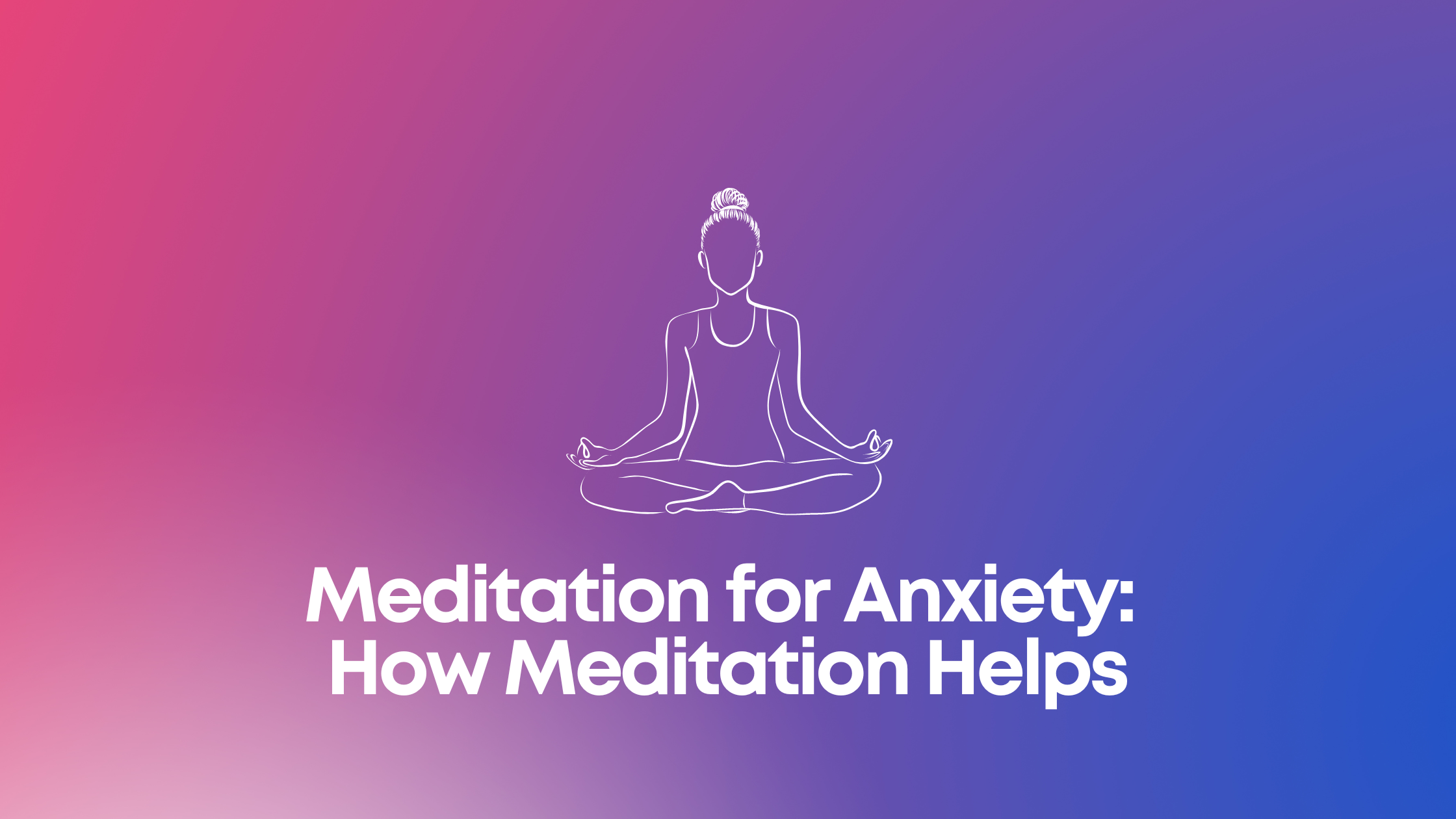Meditation has been practiced for centuries as a way to find inner peace and mental clarity. In recent years, its popularity has grown significantly due to an increased awareness of the benefits it can have on physical and psychological health. Research has shown that meditation can be used to reduce anxiety levels, improve concentration and focus, decrease stress, improve mood, and even increase happiness. In this article, we will discuss the role of meditation in reducing anxiety and how it can be used to promote overall psychological wellbeing.
What Is Meditation?
Meditation is a practice that involves focusing one’s attention on a specific thought or activity and ignoring all other distractions. It is generally done in a seated posture and involves concentrating on one’s breathing or repeating a mantra. Through this practice, people can achieve an inner peace and focus that allows them to better handle difficult emotions, including anxiety.
How Does Meditation Reduce Anxiety?
Meditation has been shown to reduce anxiety in several ways. First, it helps to relax the body and mind by decreasing stress hormones, such as cortisol, and increasing feel-good hormones, such as endorphins. Additionally, it can help to reduce rumination, which is the tendency to obsessively think about negative events or worries. Finally, meditation encourages mindfulness, which helps people become aware of their thoughts and feelings without judgment or criticism.
How to Practice Meditation for Anxiety
Meditation can be a powerful tool for reducing anxiety, but it is important to practice it correctly. Here are some tips for getting the most out of your meditation sessions:
- Start small. Begin with just a few minutes each day and gradually work up to longer sessions as you become more comfortable with the practice.
- Find a comfortable position. Sitting, lying down, or even walking can all be suitable positions for meditation.
- Focus on your breath. Pay attention to the sensation of breathing in and out and observe any thoughts or feelings that come up without judging them or getting caught up in them.
- Let go. Don’t be discouraged if thoughts or distractions arise. Acknowledge them and then let them go.
- Be patient with yourself. Meditation takes practice, so don’t expect to be perfect at it right away.
By practicing meditation regularly, you can gain many of the benefits that come from reducing anxiety levels, such as improved concentration, better sleep, and a more positive outlook on life. Remember that it may take time to really experience the full effects of meditation, so don’t get discouraged if you don’t see results right away. With patience and consistency, you can use meditation to help manage your anxiety and create a greater sense of well-being.
At PsyFi TMS, we are proud to provide our patients with cutting-edge technologies to treat anxiety, depression, and other mental health conditions. If you are interested in learning more about what we can do for you, get in touch with us at info@psyfitms.com. We look forward to helping you on your journey towards improved mental health and wellbeing!


